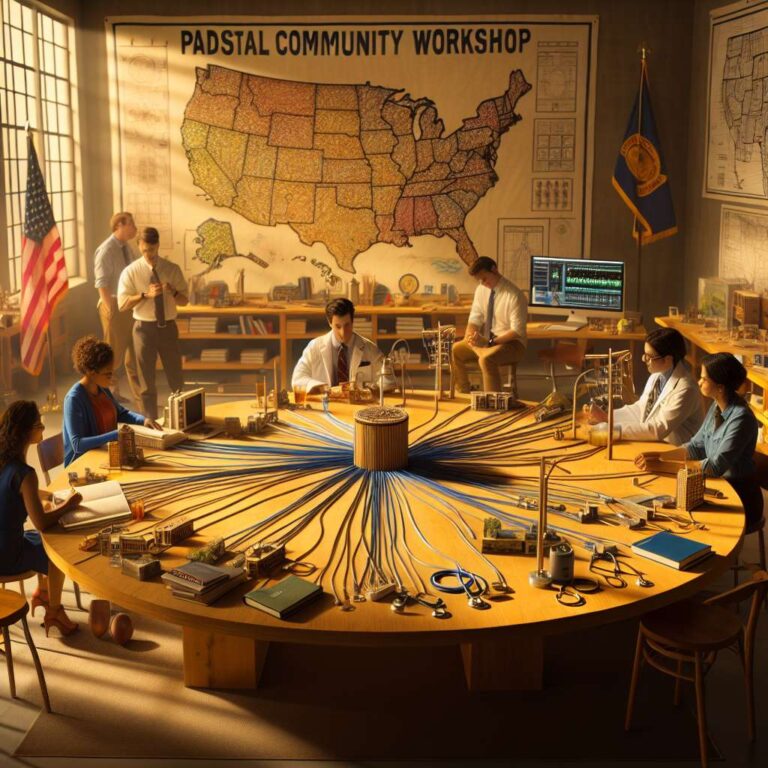Nvidia is working with cities, states and educational institutions to embed artificial intelligence education and innovation across the United States, aiming to democratize access beyond major tech hubs. At GTC Washington, D.C., the company and its public sector and academic partners outlined initiatives designed to fuel workforce development and regional economic growth by equipping educators, students and communities with artificial intelligence skills and infrastructure.
In Utah, the University of Utah unveiled an artificial intelligence factory initiative with Nvidia and HPE that will more than triple the university’s computing capacity through an investment of public and philanthropic funds. The multiyear effort will support healthcare and scientific research focused on Alzheimer’s, cancer, genetics and mental health. “With this initiative, we aim to build the artificial intelligence infrastructure needed to fuel a strong ecosystem of developers, students and researchers across the state,” said University of Utah president Taylor Randall. Utah is also training educators statewide via the Nvidia Deep Learning Institute University Ambassador Program, and joins California, Mississippi and Oregon in collaborating with Nvidia on artificial intelligence education and economic development.
Rancho Cordova, California, is partnering with Nvidia and the Human Machine Collaboration Institute to develop an artificial intelligence and robotics ecosystem through infrastructure, workforce upskilling and student training. The city plans to attract artificial intelligence businesses with reliable power and talent pipelines from local colleges and universities, then reinvest resulting revenue into workforce programs, research and additional infrastructure. “In collaboration with Nvidia and HMCI, we are exploring how cities can use artificial intelligence to drive innovation, strengthen the economy and expand opportunities for our community,” said city manager Micah Runner. HMCI’s CEO Sadie St. Lawrence said the model is designed to be replicable for other municipalities.
Miles College, a historically Black college in Alabama, is integrating artificial intelligence across academic programs, faculty research and community engagement with support from Nvidia’s Deep Learning Institute resources, frameworks and development tools. Nearly half of faculty regularly incorporate artificial intelligence into course design, and about 60 percent of the college’s research is supported by artificial intelligence. President Bobbie Knight also launched the 2150 Center for Innovation, Commercialization and Growth to boost regional entrepreneurship. Additional collaborations include California College of the Arts, Black Tech Street’s plan to train up to 10,000 people, a three-year agreement with Black Women in Artificial Intelligence, and StudyFetch bringing Nvidia Academy to high-school students through the Artificial Intelligence for All course. The StudyFetch launch marks the first milestone in Nvidia’s K-12 artificial intelligence education plan with StudyFetch and CK-12, aligned with the White House executive order Advancing Artificial Intelligence Education for American Youth.

